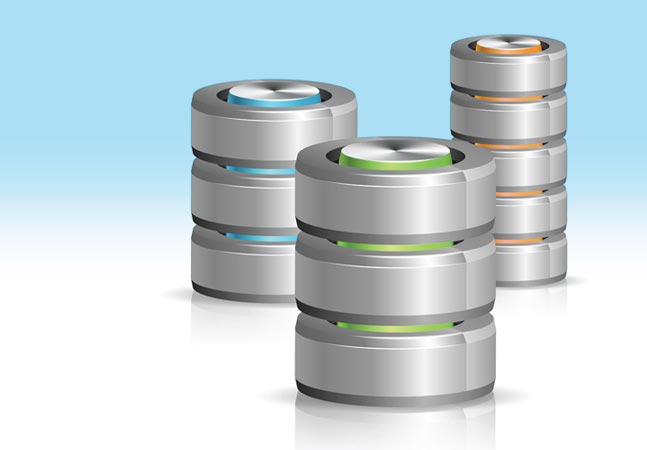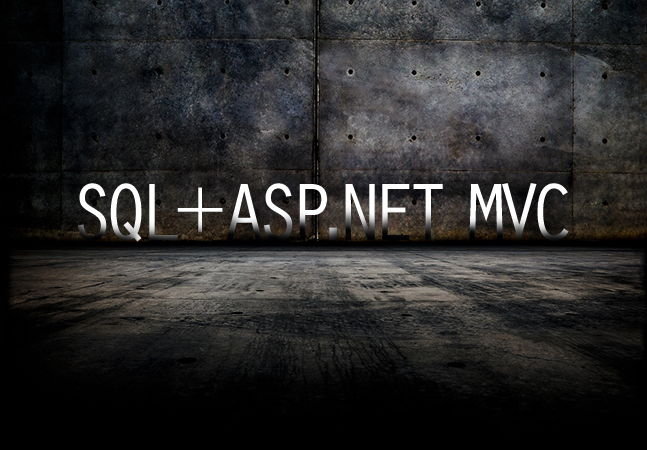
Back when he had a job, Peter used to hire developers. When he did, there were three questions he got from Scott Hanselman's blog, way back at the beginning of the .NET Framework that he's still asking today.

Standard function breakpoints probably help in most of the debugging sessions. But, sometimes, there's simply too much code to check, too many objects or cases. What if you want to filter out code that generates a breakpoint? Here's a look at conditional breakpoints.
- By Bartlomiej Filipek
- 09/14/2016

A language that's data-intensive naturally should have a way to dig into the data effectively. Here's a look at some of the R functions for searching and sorting through it all.
- By James McCaffrey
- 09/08/2016

As you work with other developers (and seek advice from experts) you need to make sure you're discussing what matters rather than arguing about terminology.

IndexedDB allows you to store data on the client to let the user work offline and to reduce demands on the server. Here's enough code to both get you started and to show you the difference between doing it in JavaScript and doing it in TypeScript.

Create the best object for moving data from your Controller to your View.

C# might be more elegant with escape sequences, but that doesn't mean Visual Basic is weaker in this area.

When you debug a C++ application, the debugger can take a number of detours through lots of trivial functions or code from third-party libraries. You can filter out those unnecessary paths and have the debugger focus on just the code you want.
- By Bartlomiej Filipek
- 08/24/2016

One way to slow down your application is to make multiple trips to the database. Here's a way to cut those trips in half (at least) and it has to do with the EntityFramework.Extended library.

How C# and Visual Basic handle characters and single-character strings is a bit inconsistent. There's no tidy solution, but it's something you do need to know.

By adding one open source library to your application (and adding two methods to your LINQ statements) you can cut the time spent on database updates and deletes in half.

Recompiling source code while debugging is possible, but sometimes your C++ project might not be configured to use it.
- By Bartlomiej Filipek
- 08/11/2016

Vectors, lists, arrays, matrices and data frames -- a look at five of the most fundamental data structures built into R.
- By James McCaffrey
- 08/10/2016

If you're looking for a lean, mean, cross-platform, desktop code editor then Visual Studio Code might be just your cup of tea. However, if you're used to the level of functionality you get with Visual Studio, it's important to set your expectations appropriately.

Integrating distributed, in-memory computing with distributed caching can easily extend LINQ semantics to create important new capabilities for real-time analytics on fast-changing data.
- By William L. Bain
- 08/08/2016

Learn how Xamarin.Forms Behaviors and Effects make it easy to customize your apps in ways you can reuse them across all of your apps.
- By Greg Shackles
- 08/03/2016

As you're debugging in Visual C++, sometimes you'll see a message in the Output Windows and then try to go the code it refers to, which can take a few steps. Here's a little trick in coding efficiency that simplifies moving from log messages to source code.
- By Bartlomiej Filipek
- 08/01/2016

Here's a tip about how to exploit Entity Framework's change tracking mechanism to -- possibly -- eliminate a trip to the database when you update an item. But, without some additional code, you probably can't use it.

The Universal Windows Platform comes with rich media capabilities. In this article Nick explores how to customize and extend the media playback experience using the Player Framework.
- By Nick Randolph
- 07/27/2016

If you've used attributes in your C# or Visual Basic programs, then decorators in TypeScript are going to look very familiar to you. They're still in development, but here's a look both at how to use them and how to write them.

Or, how lifetime can mean different lengths of time, depending on whether it's procedural- or block-level.

There are so many ways to integrate an SSRS report into your page that the biggest problem you'll face is deciding which one to use. Peter runs through all the solutions he can think of, including those cases where you want to download the report as a file.

Here are three rules for defining ASP.NET MVC routes that you can actually understand.

You know how to run business-readable tests. Let's continue with a few more hooks.
- By Jason Roberts
- 07/14/2016

Debugging is a crucial part of the development process. In this new series of tried and true C++ tips, we look at the basics of debugging and step through some more advanced debuggings tips for C++ developers.
- By Bartlomiej Filipek
- 07/13/2016